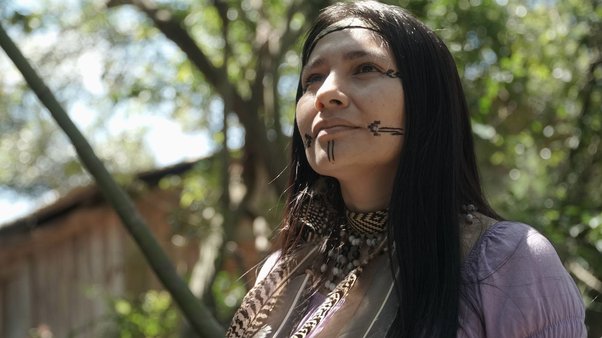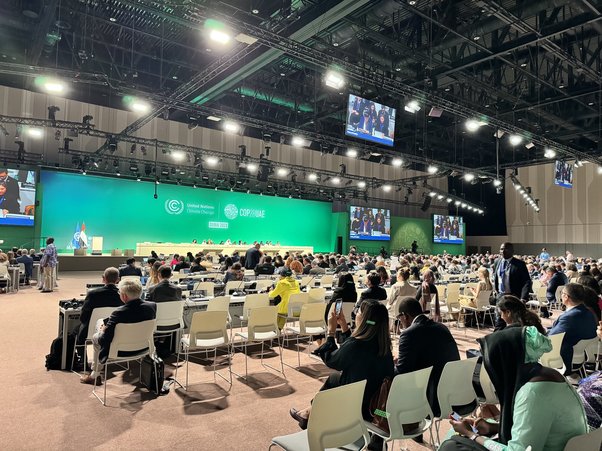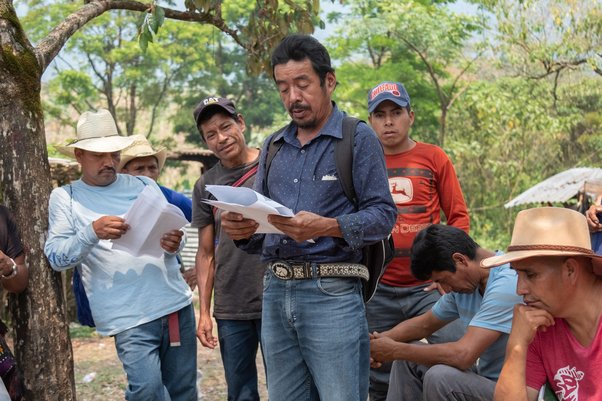As world leaders debate loss and damage funding, a Filipino fish vendor describes her community’s struggle to save their industry from the climate crisis
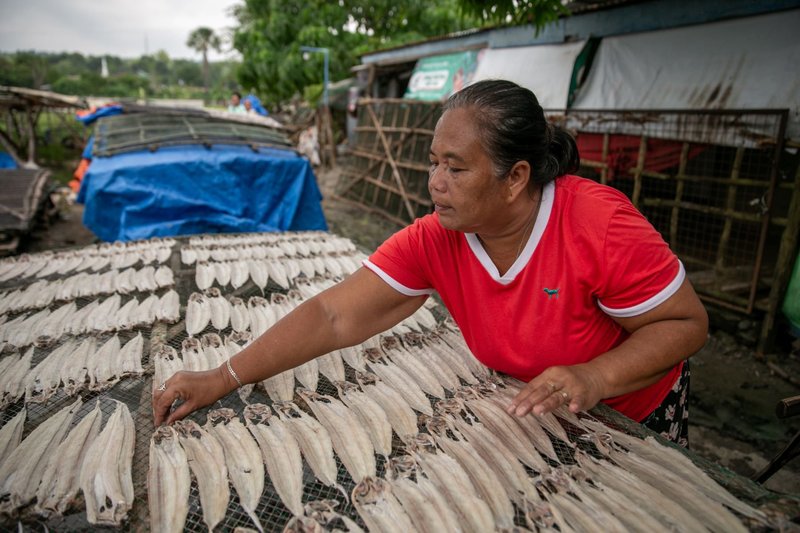
Knocked by parched summers and stormy winters, Alfea Dalisolyones's fishing community often find themselves unable to go out and fish. Basilio Sepe
Together with her four children and husband, Alfea Dalisolyones lives in Tubod, La Union, in the Philippines.
She is a fish vendor, selling her husband’s catches like “dalag, bisugo and sapsap”. In English these are also known as mudfish, threadfin bream and ponyfish.
Now in their fifties, they’ve been in fishing for over 30 years.
About a quarter of Filipinos in the labour force work in the agriculture sector, including fishing, contributing around 9% to the country’s 2023 GDP.
Alfea likes where she lives. “The people here are kind. We help each other, and whatever one person’s problem is, it’s a problem for all,” she says.
One of the problems the community is facing is extreme weather.
“The changing weather. The heat is unbearable. When it’s summer, everything dries up.
“Sometimes in winter, it’s the same; there aren’t many fish either. The sea is unpredictable. Sometimes the waves are strong, and when that happens, there are no fish. Fishermen suffer because of this.”
She will never forget when they were hit in 2013 by Super Typhoon Yolanda, also known as Typhoon Haiyan.
It’s one of the most powerful tropical cyclones ever to hit land in recorded history.
Killing over 6,000 people in the Philippines, it was one of the country’s deadliest. Millions were left homeless.
An Imperial College of London study found the typhoon was likely caused by global heating.
The Philippines is especially vulnerable to typhoons, with an average of eight making landfall annually.
“The wind was incredibly strong, and we were scared of flooding similar to what happened in other areas. Thankfully, it was just heavy rain and wind for us,” Alfea recalls of Typhoon Yolanda.
If the fishermen can’t go out for a week, what we really need is food, especially rice
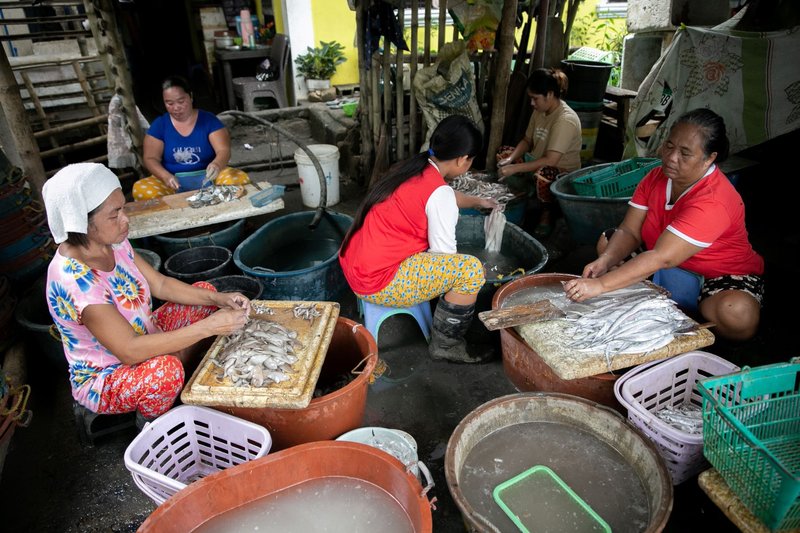
Neighbours rely on each other to share food and information when typhoons hit Tubod, La Union, in the Philippines. Basilio Sepe
Before a typhoon hits, she uses up their savings to buy food and other necessities.
“You spend all of it, because even if you have money saved, if you can’t buy food, it’s useless. Afterward, we’ll save again once we can go fishing.”
Sometimes the typhoon blows right into their house. The water supply gets cloudy, communication cuts out and the muddy roads are damaged.
During brownouts, they rely on vital information from village officials and “gossip”.
The road is a big concern because it’s their only escape: “If there's a disaster, we can quickly evacuate if the road is in good condition. But here, there's no proper road.”
Neighbours look out for each other. “If someone has extra food and someone else doesn’t, they will share. We have kind neighbours. When there’s a strong typhoon and we don’t have anything, they give us even just two kilos of food to help out. We survive for two meals.
“If, for example, the fishermen can’t go out for a week, what we really need is food, especially rice.”
In total, the typhoon is estimated to have caused $13 billion in financial damages in the Philippines. But the family hasn’t considered moving, “because our livelihood, fishing, is here by the sea. If the waves and wind become too strong, we’ll move to higher ground.”
My dream is for my children to finish their studies and for everything in our community to improve, to be clean and free from disasters
This year, the Philippines was selected to host the Board of the UN loss and damage fund, a fund that should support those most affected by climate change.
Three days after Yolanda made landfall in 2013, the head of the Philippines delegation, Naderev Sano, addressed the UN climate talks in Warsaw, Poland.
Speaking through tears, he confronted delegates about the issue of loss and damage. At the time, he did not know whether his own relatives had survived.
Over a decade later, the urgency of increasing and implementing the fund is only growing.
In future, Alfea hopes there will be more help with the roads and water supply. “My dream is for my children to finish their studies and for everything in our community to improve, to be clean and free from disasters.”
*Quotes have been slightly edited for clarity and brevity, while not changing the meaning.
We interviewed three people in the Philippines, two of whose stories are on film and the third is captured here.
We would like to thank ADRA Germany and ADRA Philippines for their partnership in organising and conducting the interviews in the Philippines.
